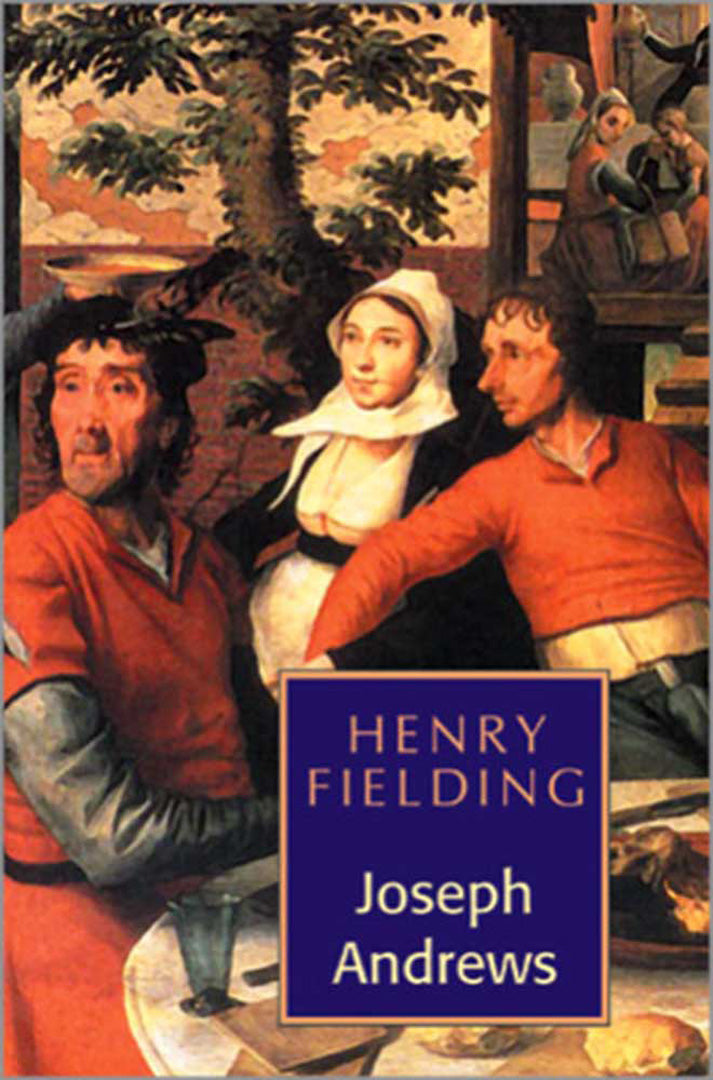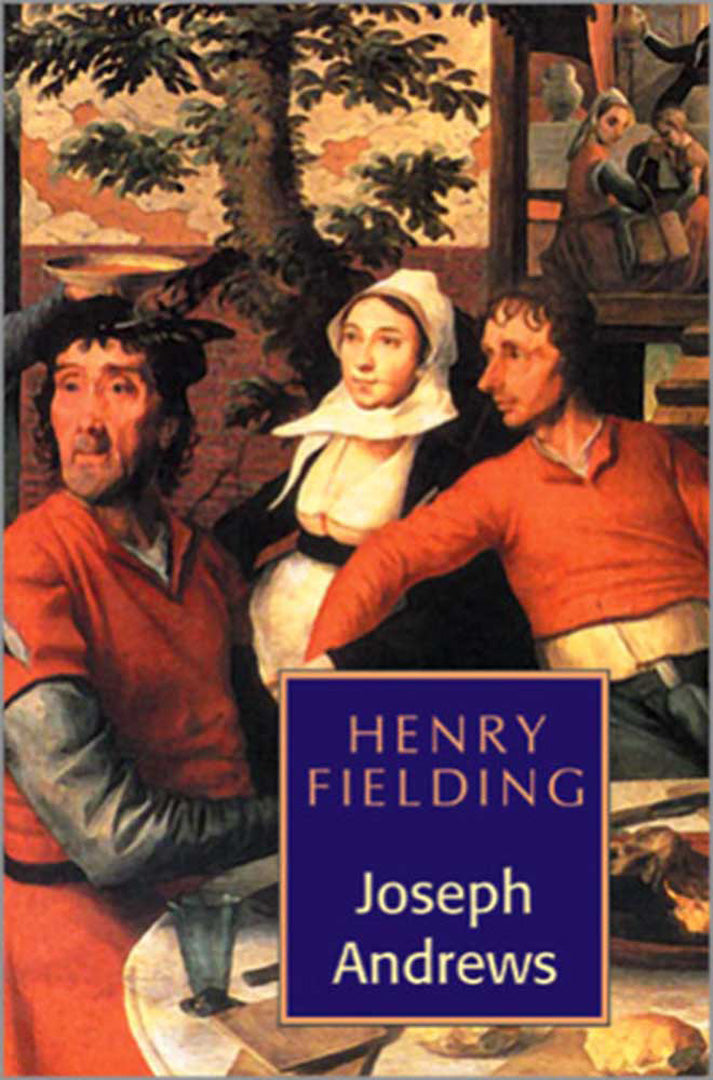Joseph Andrews
Joseph Andrews
Henry Fielding
Couldn't load pickup availability
Share

More Information
- ISBN13:
- Publisher: Atlantic Publishers and Distributors (P) Ltd
- Publisher Imprint: Peacock Books
- Publication Date:
- Pages: 358
- Binding:
- Item Weight:
- Original Price:
About The Book
Joseph Andrews is Fielding's first novel, and although directed against Samuel Richardson's Pamela which was a great success, it is far from being a simple parody. To cite Fielding himself 'The fable consists of a series of separate adventures...all tending to one great end'- namely, the opposition of integrity and Christian decency to corruption and selfishness. The novel rapidly develops an original shape of its own, and extends the range of the novel form by its refusal to depend on exclusive and extensive identification with the sensibility of any central character. It is an early masterpiece of the genre — comic in its characterization, yet seriously enquiring in its vignettes of contemporary behaviour. While displaying Fielding's great comic gifts, the novel demonstrates his concern for the corruption of contemporary morality, religion, politics and literature. It depicts his presentation of love as charity, as friendship, and in its sexual sense.
About The Author
Henry Fielding (1707-54), novelist and dramatist, was born of aristocratic descent at Sharpham Park, Somerset. He was educated privately at first and then at Eton, and Leyden University in Holland where he studied law. In 1725 he attempted to abduct an heiress and was bound over to keep the peace. He then went to London, where, in 1728, he published a satirical poem, The Masquerade, and a comedy, Love in Several Masques. From 1728 to 1729 he was a student of literature at Leyden University, returning to London in the autumn of the latter year. Between 1729 and 1737 he wrote some twenty five assorted dramas, largely in the form of farces, ballad operas, burlesques, and a series of topical satires. His satires and burlesques attacked the Walpole Government and provoked the Licensing Act of 1737 which set up a censorship of the stage. This curtailed his career as a dramatist, and he turned to the less inhibitting form of the novel. Joseph Andrews was published in 1742. It was followed a year later by Jonathan Wild, the history of a superman of crime who ironically represents Sir Robert Walpole.
In 1734 Fielding married Charlotte Cradock, who became his model for Sophia in Tome Jones and for heroine of Amelia. He enjoyed ten years of great happiness with her until her death. His improvidence led to long periods of considerable poverty, but he was greatly assisted at various periods of life by his close and wealthy friend R. Allen, who became, with Lyttelton, the model for Allworthy in Tome Jones.
He entered the Middle Temple and began to read for the bar. In 1739-40 he wrote most of the columns of The Champion, a satirical and anti-jacobite journal. In 1740 he was called to the bar but his health began to fail and he suffered acutely from gout.
In 1744 he suffered a terrible blow in the death of his wife, and for a year or so he wrote almost nothing. In 1747 he caused some scandal by marrying his wife’s maid and friend Mary Daniel. With the help of Lyttelton, he was appointed Justice of the Peace for Westminster in 1748 and once again joined battle, now from inside, with legal corruption and the ‘trading justices’ who imposed and embezzled fines. In 1749 Tome Jones was enthusiastically received by the general public, if not by Richardson, Smollett, Dr. Johnson, and other literary figures. In the same year his legal jurisdiction was extended to the whole country of Middlesex, and was made Chairman of the quarter sessions of Westminster. From his court in Bow Street he continued his struggle against corruption and lawlessness and, with his blind half-brother and fellow magistrate Sir John Fielding, tried to establish new standards of honesty and competence on the bench. He wrote various influential legal enquiries and pamphlets, including a proposal for the abolition of public hangings. He was responsible for the Britain’s first organised detective police force, the Bow Street Runners. He organized and saw successfully implemented a plan for breaking up the criminal gangs who were then flourishing in London. But his gout, asthma and other afflications were now so far advanced that he had to use crutches. In 1754 he sailed, with his wife and one of his daughters, for Lisbon to seek a more congenial climate. His discomforts on this journey are described in detail in a posthumous work, Journal of a Voyage to Lisbon (1755). He died two months after his arrival and was buried in the English cemetery where, in 1830, a monument was erected in his honour.

